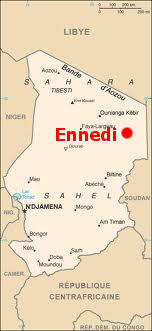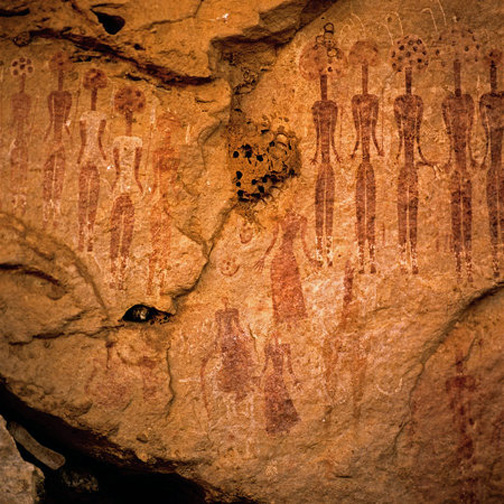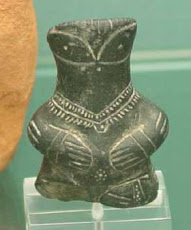




Prisca Sapientia, Science in Cryptomnesia, Dissident and Heretical Natural Philosophy, Abiotic Hydrocarbon Origin, Infinite Oil, The Cold Mantle, Expansion Tectonics, Pacific Biogeography, Euclidean Geometry, Electric Universe, Electromagnetic Gravity, Colliding Worlds, The Birth of Venus, The Reversal of Retrograde Rotation, Catastrophism, Global Pyramids, Atlantis In Antarctica, Extreme Human Antiquity, Ancient Technology, Giants and Dragons, Alien Astronauts, & Intelligent Design












